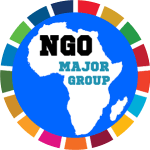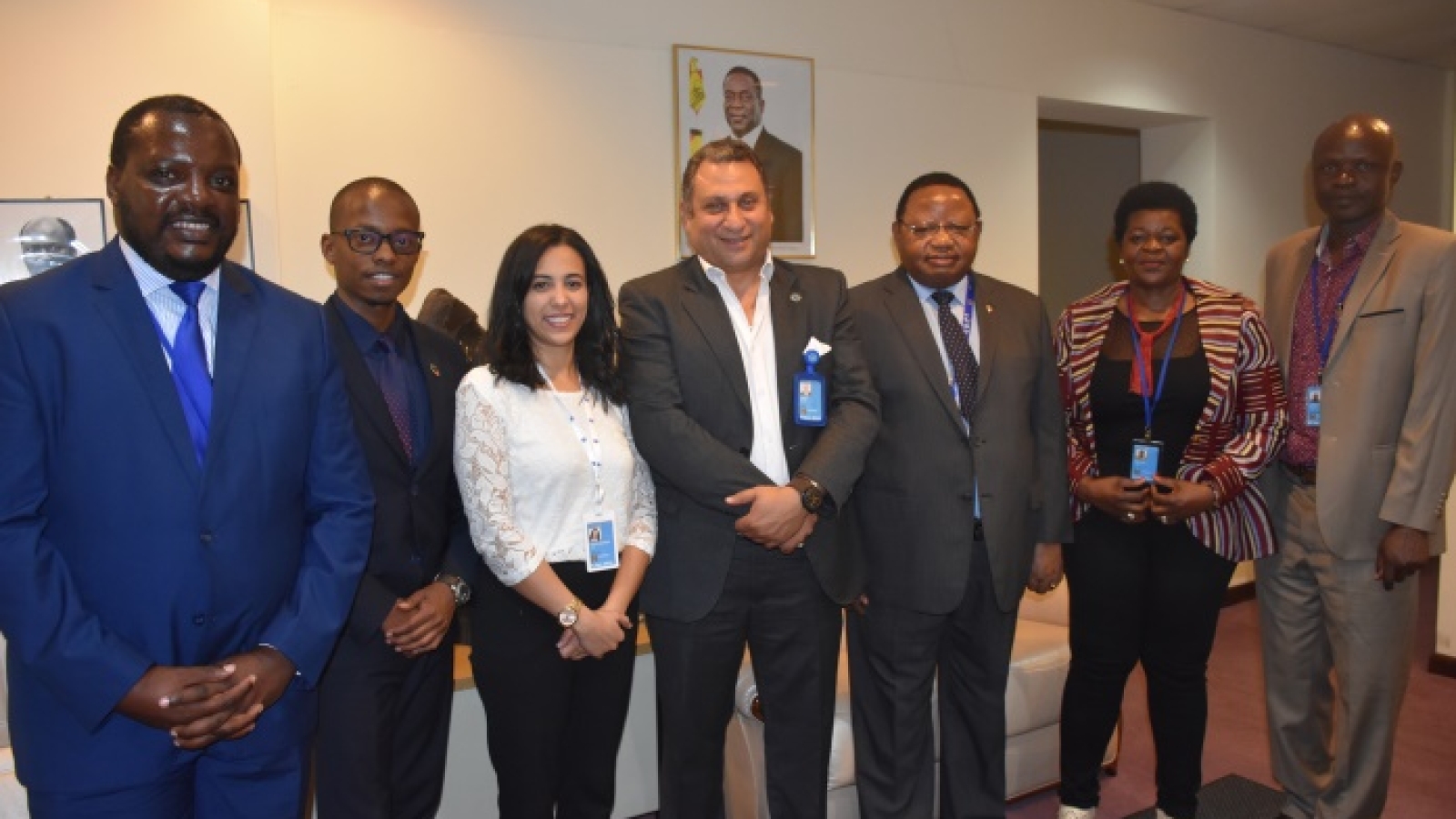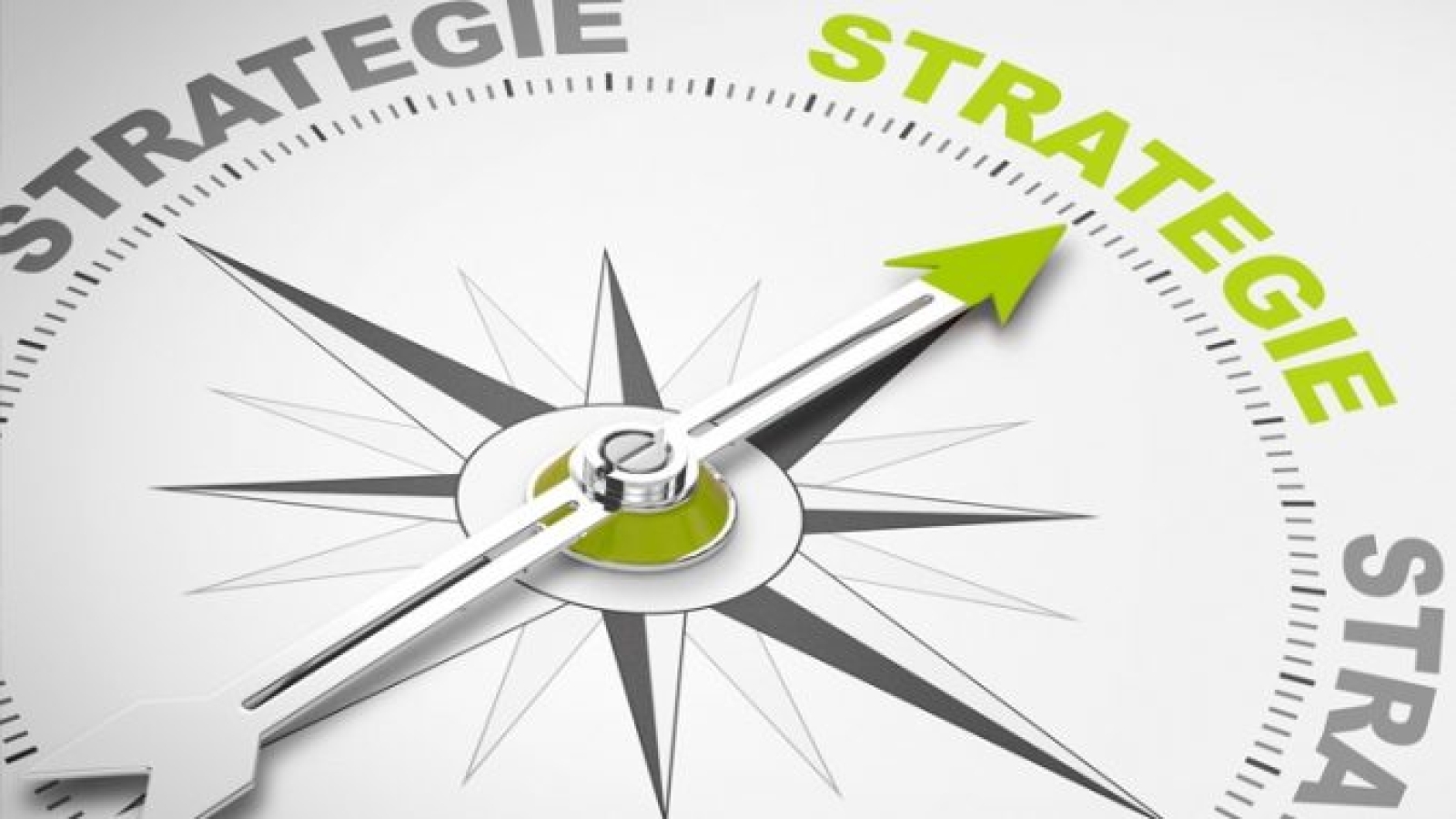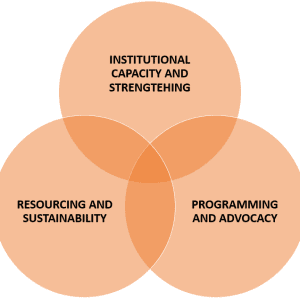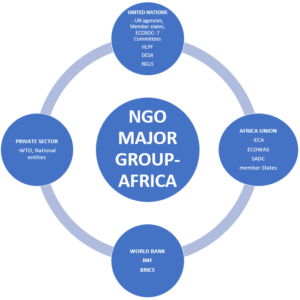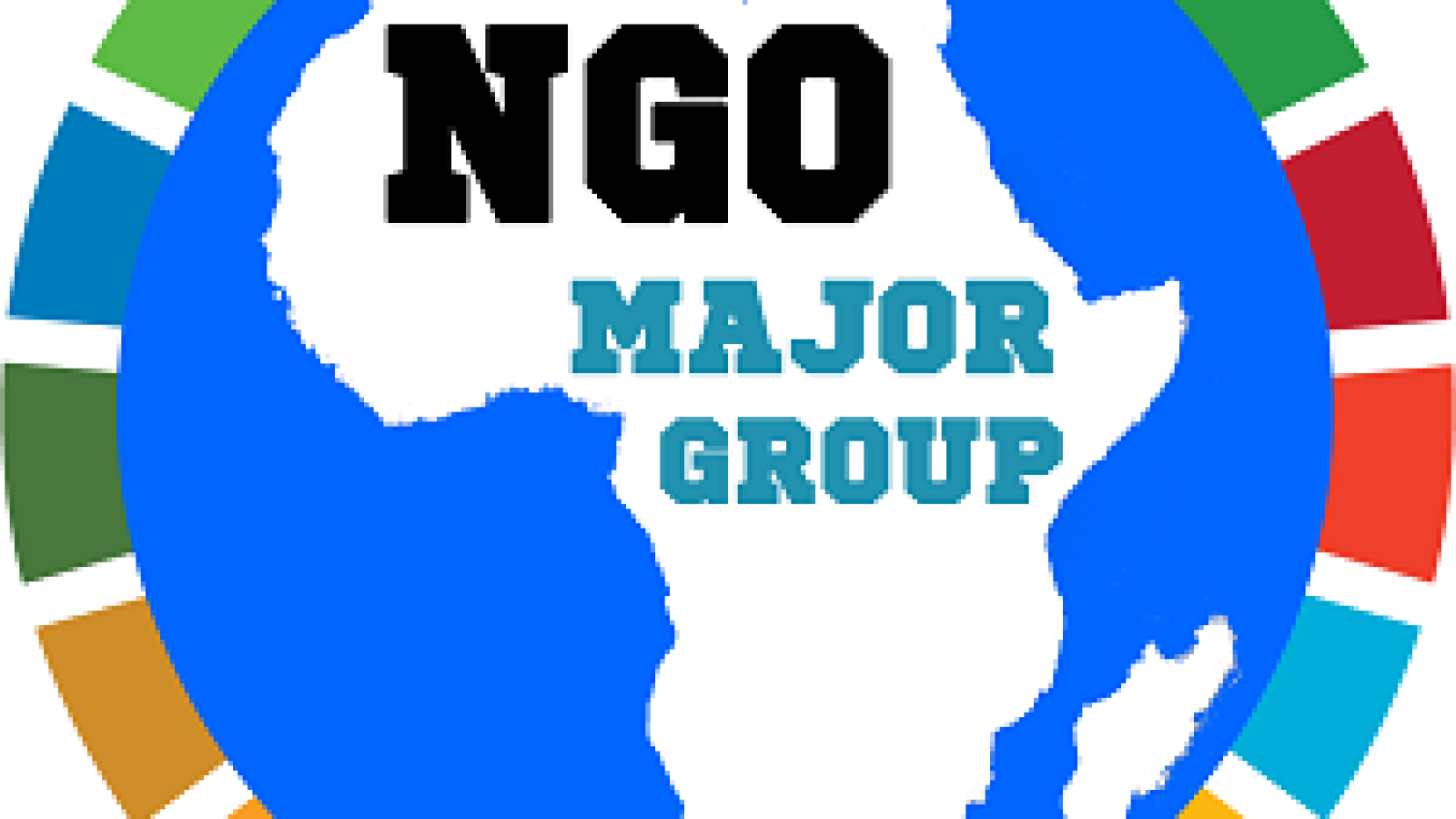- INTRODUCTION
The Third High Level Political Forum ( HLPF) on Sustainable Development was held in at the United Nations Headquarters in New York from July 9th-18th, 2018. This year’s HLPF theme was “ Transformation Towards Sustainable & Resilient Societies.”
The HLPF was also reviewing progress towards the SDGS and focusing in particular on:
- Goal 6. Ensure availability and sustainable management of water and sanitation for all
- Goal 7. Ensure access to affordable, reliable, sustainable and modern energy for all
- Goal 11. Make cities and human settlements inclusive, safe, resilient and sustainable
- Goal 12. Ensure sustainable consumption and production patterns
- Goal 15. Protect, restore and promote sustainable use of terrestrial ecosystems, sustainably manage forests, combat desertification, and halt and reverse land degradation and halt biodiversity loss
- Goal 17. Strengthen the means of implementation and revitalize the Global Partnership for Sustainable Development, that will be considered each year:
Key messages that were highlighted from the Secretary General’s Report and several other plenary sessions were that:
- World leaders committed to reaching those furthest behind. However, this point was somewhat by Jeffrey Sachs who challenged that SDGs are achievable but not being achieved.
- Proportion of people living below the poverty line is more pronounced in rural areas, if the Leave No One Behind clarion call has to be realized, development has to start from the periphery coming in.
- Transitioning to sustainable societies hinges on responsible resource management by ALL.
- Six key transformation for the SDGs were highlighted as: Education, Inclusion, Skills, Innovation, Health & wellbeing and Clean Energy.
- The importance of Data and addressing inequality were emphasized. Data was emphasized as the livelihood for decision-making and providing raw material for accountability.
As part of the wider Major Groups, the HLPF afforded us an opportunity to add our voices to the dialogue under review in several ways.
- SIDE EVENTS
This is the first time the Executive Members of the NGO Major Group-Africa attend the HLPF as a group. The HLPF was an important opportunity for learning, networking and engagement. In addition to being presented with the opportunity to learning from the experiences of 47 countries that were presenting their Voluntary National Review, the 2018 had over 260 side events covering a whole range of issues on the SDGs particularly on the six SDGs under review. We particularly benefited a great deal from attending and participating in several side events. The side events were not only informative, but they also helped showcase Africa as a continent with vast resources that if effectively managed have the potential to meaningfully contribute towards the achievement of the SDGs . Out of the 260 side events, we were able to attend and participate in several which not only empowered us with information, but also an opportunity to explore linkages with other NGOs from across the globe.
In addition we also attended several other special events for example Thailand and Egypt Voluntary National Review on the Implementation of the 2030 Agenda for Sustainable Development 2017. We particularly found these events enlightening on how member states can localize the VNR so that even when they are not presenting at the HLPF, the government is compelled to update its performance annually and be accountable to its citizens.
- NMGA organized and cooperated in the following events :
| The NMGA side event :SDG 6: Towards Achieving Blue Peace |

The session tackled the case of water from an international perspective in the African continent and how it effects states relations, especially states sharing Niles. The current situation shows that the world is suffering from the growing problem of lack of water as a result of climate change, environmental pollution, and increasing population in relation to the fixed water resources.The event recommended the need to find sources of funding for water and sanitation projects, develop effective local, regional and international water policies and create a successful “Mechanism of implementation”. The session also recommended civil society organizations to develop a mechanism of dialogue between the government, the private sector and stakeholders concerned with water issues, in order to develop mechanisms to reconcile various water policies such as agriculture and other industrial policies. This mechanism will allow the exchange of ideas from different points of view and ultimately lead to a significant positive development in water crisis.
| CREATIMG AGREEN ECONOMY IN AFRICA -LESSONS & OPPORTUNITIES FOR AFRICA |

This event was in relation with African Union agenda 2063 and SDGs which attracted a good number of participants and showered how important it was , the side event was organized by the Zambian government in partnership with MAAT ,AU ECOSOCC and NGO Major Group Africa. This event was every big success ,and the Event was Presided by the Zambian Deputy Ambassador & Minister Councilor to UN,Mrs Christine Kalawima ,Him.Biyika Laurence Songs ,Member of Parliament of the Republic of Uganda and Chairman Uganda Parliamentary committee on Climate Change . It was noted that green economy is the most important aspect in promoting peace in the region and if its mishandle can results in to conflicts and in order to address the issue of green economy it was also noted that all other stake holder should always be involved in order to promote peace in the region and capacity building workshop should always be organize to sensitize the communities .
| Agenda African Union 2063 and Sustainable Development goals: the relationship between the blue and green economy in Africa |

NMGA organized this event in cooperation with African Union Citizens and Diaspora Directorate (CIDO) and African Union, Economic Social and Cultural Council (AU ECOSOCC)
The event highlighted that 2018 high-level policy forum focused on environmental aims. This shows that the international community has become aware of the seriousness of the environmental situation on the whole world . the event also tackled the importance of cooperation among governments, Civil society and private sector. As well; we highlighted the positive steps in the African continent towards Agenda 2030 and 2063. However, the continent still faces several challenges that it must strive to overcome. In addition, we pointed out the current environmental risks facing the whole world, and in order to overcome these risks; officials and stakeholders should promote the green economy, so that, it can achieve financial
- NETWORKING

As a fairly newly NGO Major Group to attend the HLPF, it was a very conducive en
vironment to orient us as the NGO Major Group-Africa to the global NGO Major Group. Several engagement meetings were organized by the Global Organizing Partners ( OPs) that introduced to how the NGO Major
Group functions and the roles expected of us as Regional OPs.
Each day there were debriefing meetings for all Major Groups and a particular for the NGO Major Group. All these spaces were invaluable in the information and capacity building that they provided. It was gratifying to receive commendations on our work as the NGO Major Group- Africa. Our organization through the development of the strategic plan and communiqué that we had widely shared were highly commended and recommended to other OPs to emulate. Of note was that these were initiatives we undertook without any outside funding but through individual contributions as sign of our commitment to the noble cause of development on our continent.
- DIPLOMATIC ENGAGEMENTS

Despite our being first time attendees to the HLPF as the NGO Major Group- Africa, I think we did fairly well in our quest to link up with diplomatic missions from the Africa continent. During the course of the HLPF, as the NGO Major Group-Africa Executive, we were able to secure and held meetings with the following:
- Ambassador& Permanent Representative, Frederick M. Shava ( Permanent Mission of the Republic of Zimbabwe to the United Nations).
- Ambassador & Permanent Representative, Martha Ama Pobee ( Permanent Mission of Ghana to the United Nations.
Both meetings provided us an opportunity to gain insights into how as NGOs from Africa we can effectively engage with our governments and the wider diplomatic community. Both ambassadors were very positive in our potential to meaningfully contribute to the collective development on our continent. Both ambassadors stressed the need to build strong relationships between NGOs and our governments in a manner that is both sensitive and cooperative if we are going to move Africa forward. The need for strengthening the continental Secretariat now under MAAT was highly emphasized.
- CONCLUSION
The HLPF 2018 provided us with an invaluable opportunity for learning, networking and capacity building. Civil society voice, to which the NGO Major Group-Africa contributed in several ways and in different platforms, could not be ignored during the HLPF deliberations. This is an experience and opportunity that the Regional OPs and all NMGA stakeholders should take advantage of always inorder to effectively coordinate the mandates thrust upon us.

